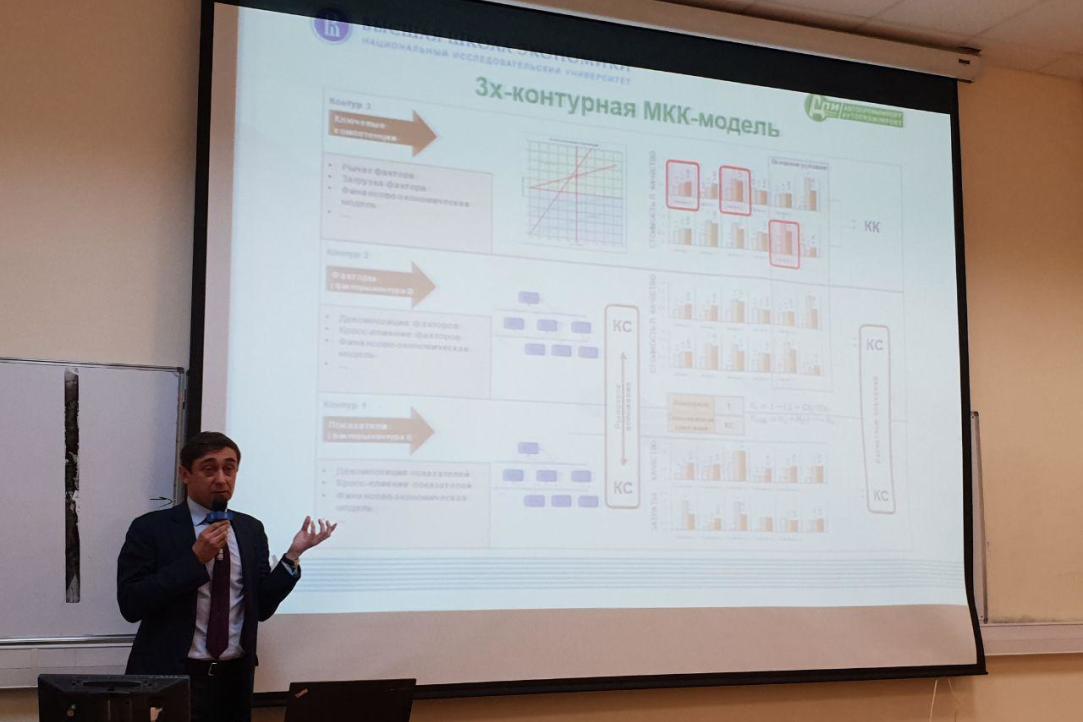.jpg)
- A
- A
- A
- ABC
- ABC
- ABC
- А
- А
- А
- А
- А
-
The Department
109028, Moscow, Pokrovsky Boulevard 11, T423
Phone: +7 (495) 621 13 42,
+ 7(495) 772 95 90 *27200; *27212.
Email: dhm-econ@hse.ru; shatskaya@hse.ru

 New Centrality Measures in Networks: How to Take into Account the Parameters of the Nodes and Group Influence of Nodes to Nodes
New Centrality Measures in Networks: How to Take into Account the Parameters of the Nodes and Group Influence of Nodes to Nodes
Aleskerov F. T., Shvydun S., Meshcheryakova N.
CRC Press, 2022.
Belenky A., Fedin G., Kornhauser A.
International Journal of Public Administration. 2021. Vol. 44. No. 13. P. 1076-1089.
In bk.: AIP Conference Proceedings. Vol. 2328: ICMM-2020. AIP Publishing LLC, 2021. Ch. 060001. P. 060001-1-060001-4.
Zlotnik A., Kireeva O.
math. arXiv. Cornell University, 2020. No. arXiv:2011.14104v2[math.NA].
109028, Moscow, Pokrovsky Boulevard 11, T423
Phone: +7 (495) 621 13 42,
+ 7(495) 772 95 90 *27200; *27212.
Email: dhm-econ@hse.ru; shatskaya@hse.ru

News
.jpg)










- About
- About
- Key Figures & Facts
- Sustainability at HSE University
- Faculties & Departments
- International Partnerships
- Faculty & Staff
- HSE Buildings
- Public Enquiries
- Studies
- Admissions
- Programme Catalogue
- Undergraduate
- Graduate
- Exchange Programmes
- Summer Schools
- Semester in Moscow
- Business Internship
-
https://elearning.hse.ru/en/mooc/
Massive Open Online Courses
-
https://www.hse.ru/en/visual/
HSE Site for the Visually Impaired
-
http://5top100.com/
Russian Academic Excellence Project 5-100
- © HSE University 1993–2025 Contacts Copyright Privacy Policy Site Map
- Edit

